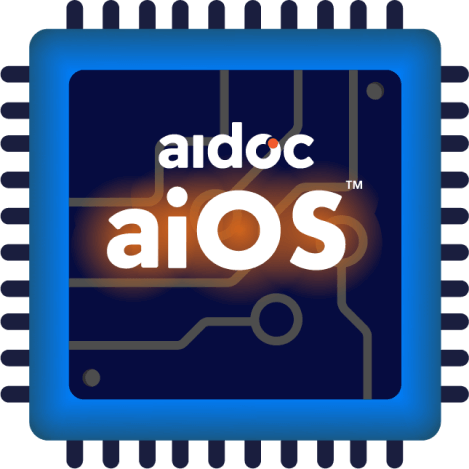
What You Should Know:
– Aidoc, a clinical AI company, and NVIDIA, a pioneer in AI technology, have joined forces to develop BRIDGE, a groundbreaking guideline designed to accelerate the adoption and scaling of AI solutions in healthcare.
– The development of the BRIDGE guideline will involve close collaboration with healthcare providers, academic partners, and industry leaders. This collaborative approach will ensure that the guideline is practical, actionable, and scalable, addressing real-world challenges in AI integration.
Bridging the Gap Between AI Innovation and Real-World Implementation
Despite the growing number of FDA-cleared AI tools for medical imaging, healthcare systems continue to face barriers to effective AI adoption. Fragmentation, operational inefficiencies, and scalability issues remain persistent challenges.
The BRIDGE guideline, slated for release in early 2025, will offer a comprehensive, vendor-neutral framework for seamlessly integrating AI into clinical workflows. By addressing scalability and interoperability from the outset, this guideline will enable healthcare systems to deploy AI solutions across multiple sites with greater speed and confidence.
Key Focus Areas of the BRIDGE Guideline:
- Standardized Validation: Ensuring AI solutions undergo rigorous testing for real-world clinical use.
- Interoperability: Facilitating seamless integration of AI tools from different vendors, promoting a cohesive ecosystem.
- Scalable Deployment: Providing a roadmap for efficient AI expansion across hospital systems.
- Continuous Monitoring: Offering best practices to maintain AI accuracy and effectiveness post-deployment.
Building on the MONAI Framework
The BRIDGE guideline will align with industry frameworks like MONAI, a platform co-founded by academia and industry leaders, including NVIDIA, to provide essential tools for medical AI development, validation, and deployment. MONAI’s focus on standardization, interoperability, and scalability will serve as a strong foundation for the BRIDGE guideline.
“AI holds the potential to revolutionize patient care, but its progress has been stalled by fragmented systems and the inability to scale effectively,” said Demetri Giannikopoulos, Chief Transformation Officer, Aidoc. “The BRIDGE guideline will focus on breaking down these barriers, offering a powerful, evidence-based framework that health systems can rely on to not just adopt AI but to help scale it across their operations. This will drive both operational efficiency and significantly better outcomes for patients and clinicians alike.”
